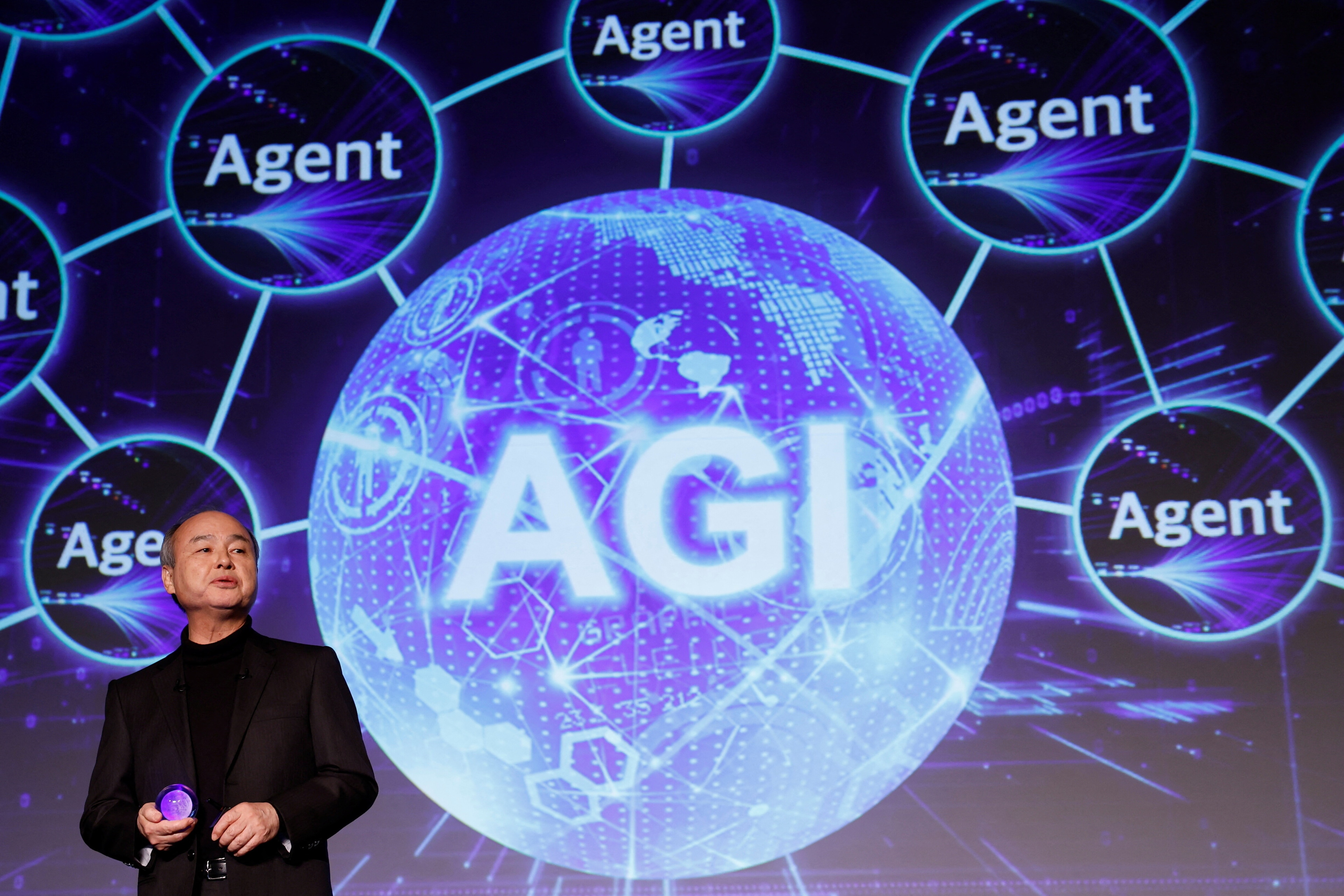AI is the word of the year, says Collins Dictionary
Collins says artificial intelligence has been ‘much talked about’ this year after ChatGPT was released in late 2022, causing huge excitement and concern.
Artificial intelligence (AI) has taken center stage in 2023, prompting significant discussion and debate. Its rapid advancements have brought both excitement and concern, highlighting its potential for both immense benefit and potential misuse.
AI's impact on our lives
AI has permeated our daily lives, automating tasks, analyzing vast amounts of data, and even assisting us in creative endeavors. It can write text, translate languages, generate music, and even create special effects and entire movies. The Beatles' recent single release is a testament to AI's capabilities, as it utilized AI to isolate John Lennon's vocals from the band's original recordings.
Ethical concerns and regulatory efforts
However, AI's power comes with a caveat. The technology has been used to clone people's voices and images without their consent, creating 'deep fakes' that can deceive and misinform. In response, regulators are scrambling to establish guidelines that ensure AI remains a force for good.
The European Union has proposed an AI Act to curb misinformation, discrimination, and copyright infringements. Additionally, the World Economic Forum has launched the AI Governance Alliance, a collaborative effort among industry leaders, governments, academic institutions, and civil society organizations. This alliance aims to promote responsible global design and the release of transparent and inclusive AI systems.
Topics:
Emerging TechnologiesMore on Emerging TechnologiesSee all
Babak Hodjat and Benjamin Wiener
August 29, 2025
John Goodson
August 28, 2025
David Sullivan
August 26, 2025
Hannes Klöpper
August 26, 2025
Kai Zenner and Benedikt Gieger
August 25, 2025





